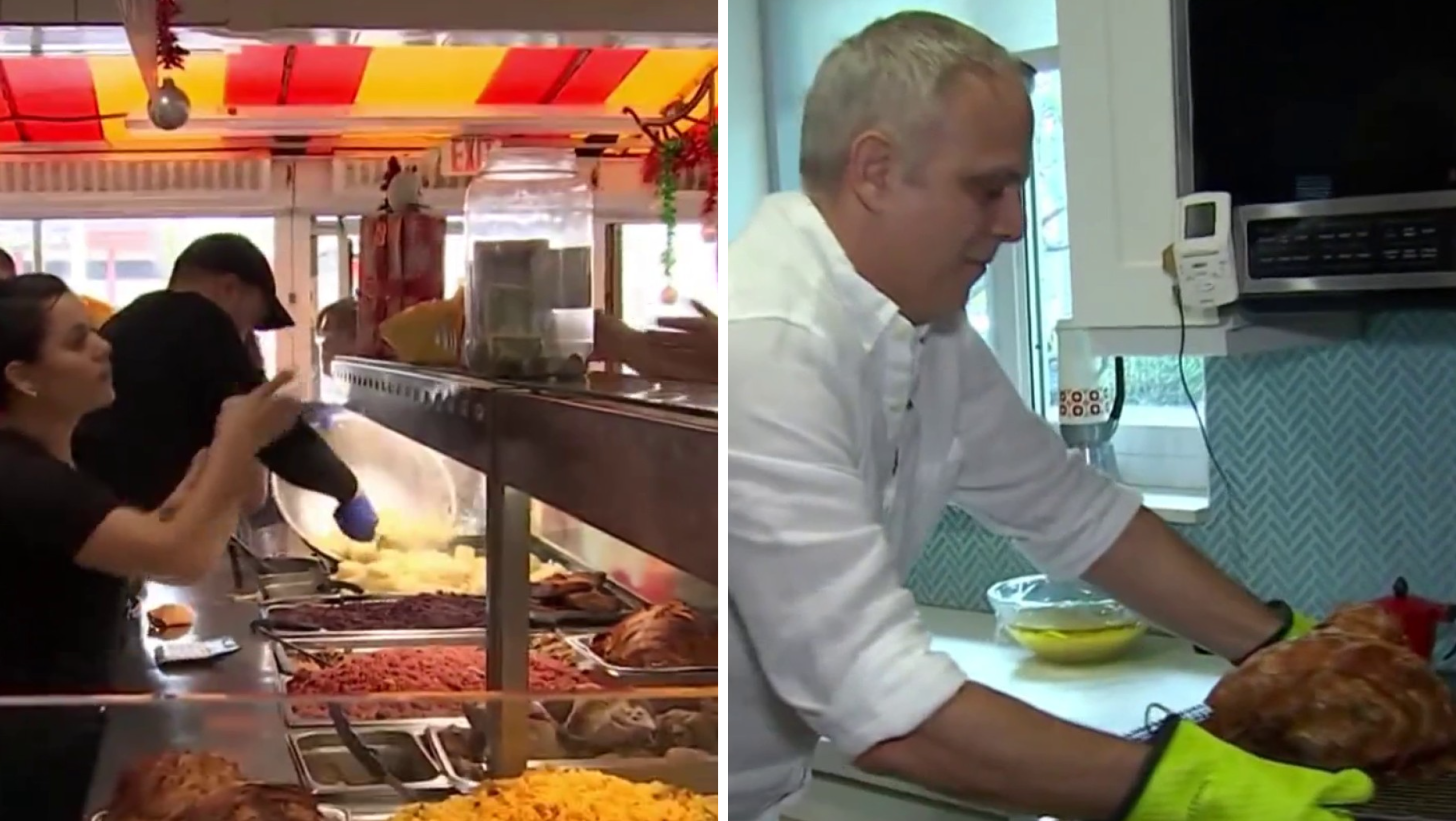Gov. Ron DeSantis announced this week his proposed budget for next year. In it, he wants the State of Florida to begin accepting cryptocurrencies like bitcoin when it comes to three programs.
They are three pilot programs, only $700,000 in almost a $100 billion budget. It could, however, see what could be expanded in the future.
Watch NBC6 free wherever you are
>If passed during the next legislative session, the state of Florida would have three different crypto programs: $250,000 to allow people to pay for vehicle titles with cryptocurrency to the Department of Highway Safety and Motor Vehicles, $250,000 to the Agency for Health Care Administration to identify Medicaid fraud, and $200,000 for the Department to Financial Services so businesses can pay state feeds in crypto.
“I think, as you've seen in South Florida, a lot of people have flocked to Florida over this issue. So, our view at the state government is this is something we welcome and we want to make sure that the state government is crypto-friendly,” DeSantis said.
Get local news you need to know to start your day with NBC 6's News Headlines newsletter.
>One key thing the state will have to figure out is how to handle taking payments for such a volatile currency, where its value can change a lot during a week or within the course of a day.
“What’s indisputable is that technology is a greater and greater part of our everyday life,” said City of Miami Mayor Francis Suarez, who has touted cryptocurrency in his role in city government.
The City of Miami is currently looking for a company to transfer crypto payments into U.S. dollars. Suarez told NBC 6 legally the state or cities can only accept hard currency so they’ll have to hire a third-party company to change crypto to USD.
Local
“The third party that settles the transaction would settle it, trade out of it, and give the city and the state cash. They have to do it on an instantaneous basis so there is no fluctuation risk,” Suarez said.
“I think they will learn some of the lessons that the old school people have learned a long time ago. It does work for this. It maybe doesn’t work for that,” said Kurt Wuckert, Jr., a historian at the website and media company CoinGeek.
Wuckert said it will be important for the state to hire someone running the pilot program who’s from the crypto world and knows how currencies work.
“A lot of people think they know what bitcoin is and they start on the wrong path and they make bad decisions until they realize, what, why wasn’t there a manual for this thing,” Wuckert said.
The legislature is in session from January to May. The next state budget begins July 1 so the earliest these programs could be reality is the second half of next year.



